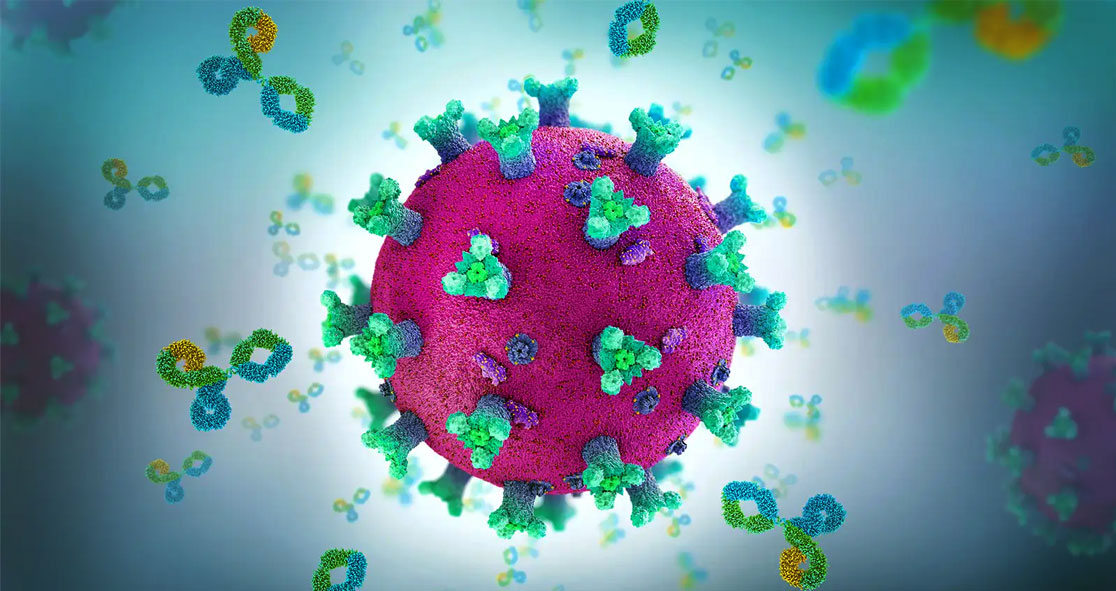Previous COVID-19 infection or vaccination generates immune cells that offer long-term immunity and these long-lived memory T-cells play a crucial role in preventing severe infection.
Now, a team of researchers at the University of Zurich has discovered how these memory T-cells are formed.
Prof. Onur Boyman and his research team at the University of Zurich took a closer look at how this long-lived protection is formed. They discovered specific signaling pathways that determine when immune cells develop into so-called memory T-cells, according to Science Daily.
Natural infection-specific antibodies produced by B-cells are insufficient to effectively protect against COVID. The cellular immune response to the virus is just as important. Here, natural infection-specific CD8+ T-cells have a key role to play, as they can identify and kill the cells that have been infected by the virus.
These cytotoxic T-cells eliminate viruses hidden inside the host cells, thereby preventing the spread of millions of newly formed viruses.
Prof. Boyman explained, “These T-cells are usually active for only a short time and disappear quickly. When it comes to establishing long-term protective immunity, it is important to generate long-lived memory T-cells that are activated very quickly upon re-exposure to the virus.” This latter ability is called “immunological memory.”
The researchers were able to demonstrate that the signature of long-lived memory CD8+ T-cells was already present during acute COVID infection. They said these cells could be distinguished from their short-lived counterparts at an early stage.
Prof. Boyman said, “The distinct signature of memory cells contained signals of immune messengers, such as interferons, which are an important part of the immune response against SARS-CoV-2 and also contribute to controlling viral infections.”
It is important to note that immune response varies from one individual to another.
The findings help in unraveling the complex way in which immunological memory to the coronavirus is (or is not) formed and maintained. Some infections result in strong and long-lasting T-cell memory, but others fail to do so.
The newly identified signature makes it possible to determine which type of infection — e.g. mild or severe, systemic or limited to mucosal membranes — gives rise to sustained immunity, according to Science Daily.
The immune response is also induced by vaccines that contain different ingredients and adjuvants. Prof. Boyman said, “While everyone responds differently to the virus or a vaccine, cellular immunity plays a crucial role in preventing severe cases of COVID-19 in both vaccinated and recovered people.”























